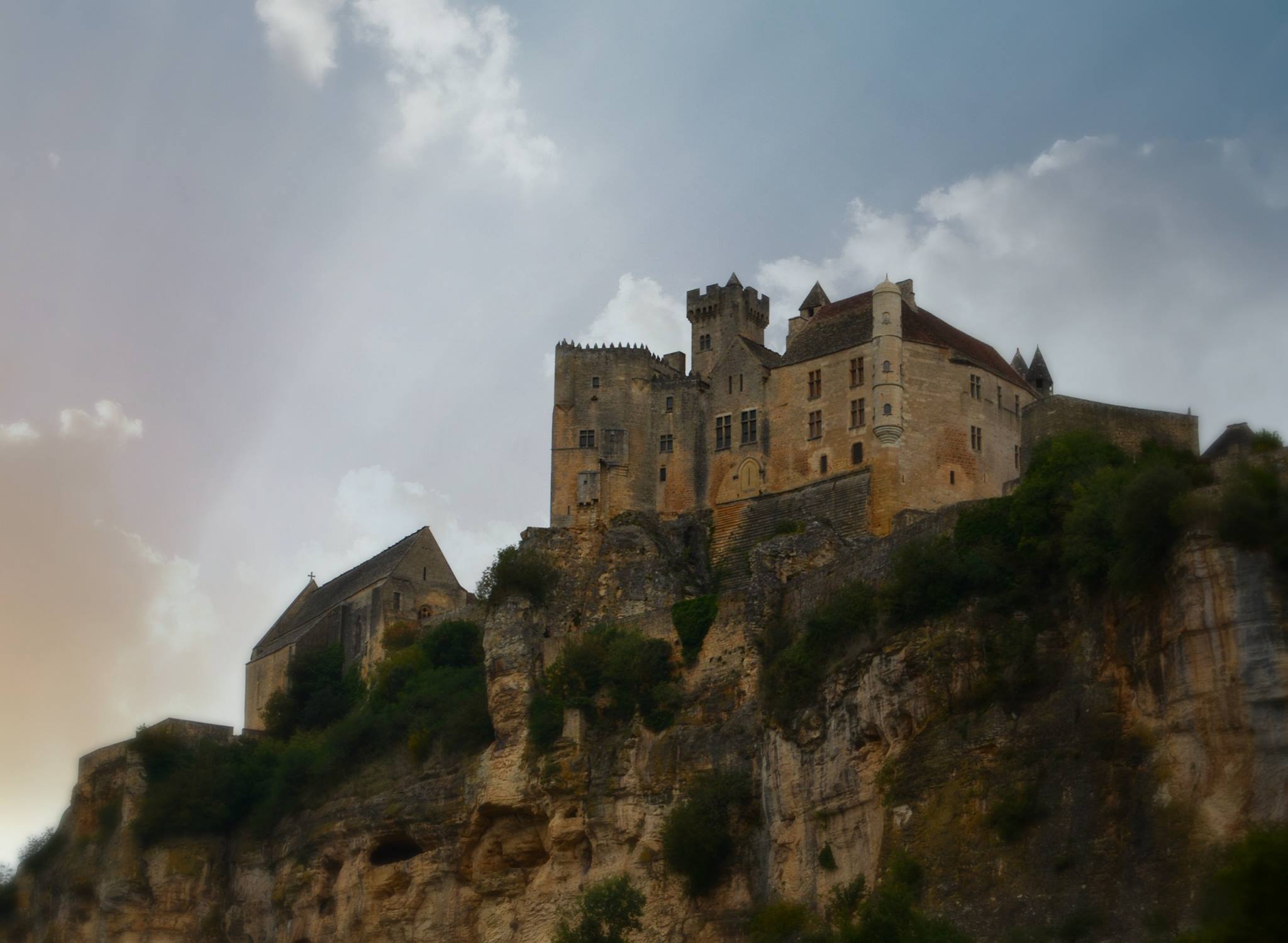“Scholars look for final truths they will never find. Creative writers concern themselves with possibilities that are always there to the receptive.”
― Richard Hugo
One of my greatest joys as a writer is being in communion with other writers. I’m not able to teach as much as I once did and I long for the weekly Novel-in-Progress workshops I led; I gained at least as much as I gave by thinking critically and constructively about writing. I left each week intoxicated by the beauty and spirit of those writers’ words and their dedication to craft.
I continue to offer the occasional one-off workshop, and I freelance as a developmental editor. During the hour-long drive home after a workshop a few weeks ago, my true calling as a facilitator came to me. I help writers find their stories.
So often writers arrive at a workshop, or send their manuscripts or query letters, certain they are writing about one thing. During the course of a weekend, or over the months we work together on a developmental edit, we so often discover together that their true story (so to speak) is something else entirely.
I ask, over and over, hoping it will become a mantra in the course of writing draft after draft, “What does your protagonist want?” For it is the protagonist’s internal goal that becomes the spine of the story.
The brilliant Lisa Cron, author of Wired for Story and Story Genius, talks about driving desire – the emotional agenda that steers your protagonist -which shapes how she views and responds to the world. That driving desire, and how your character moves through the story to satisfy it (i.e achieve the goal), is how you get under a reader’s skin, and hold their heart fast to page.
I think of my protagonist in my WIP, Kate, and her driving desire. Justice. She abandons the desire when it seems pointless and pretends that all she wants is to be numb, to move on with her life and forget the past, but her desire, the core of her, is too great to be denied. That driving desire is the story; the plot becomes all the obstacles in her way and how she overcomes them, or doesn’t.
As writers we are so often concerned with what’s happening, how we can move this scene forward into the next—the plot. We forget that the plot is the vehicle moving the story forward. But the driver behind the wheel is the protagonist’s internal desire.
Isn’t this how we move through life? The doing of it, the to-do lists, the goals and expectations, appointments and obligations that become the plot of our lives, when the real story is the why and who of those endless lists and obligations.
If you are a writer, I challenge you to identify your characters’ desires and goals, how these change throughout the course of the narrative, and how each scene and plot point acts in service or awareness of the driving desires.
I challenge us all as humans to step back from the plot of our lives to examine our stories for our own driving desires.
“Only when we’re brave enough to explore the darkness will we discover the infinite power of our light.” Brene Brown
